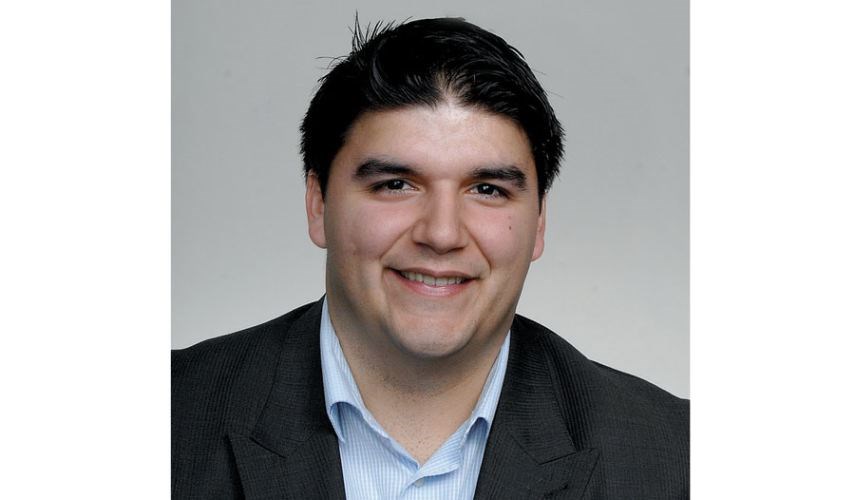We are a nation at war. And I fear that we are unprepared for it in many respects. To be sure, I do not doubt the bravery of our men and women in uniform, nor their proficiency with the tools required to physically obliterate tyranny and terror at home and abroad. No, what I fear we are unprepared for as a civil society is the acknowledgement that we are not simply facing a physical enemy, but a cultural and philosophical standpoint. To this, we are vulnerable, for in the time since the last global conflict, our nation has gone from one of resolve to one of relativism.
Yes, that statement is harsh. But, as your parents ought to have told you, the truth can hurt. Our enemy adheres to a simple set of principles and a single course of action to achieve its goal; the enemy's activities and statements have a reach across the world only dreamt of by previous evil-doers; and those who would join or promote this cause abroad are clearly not small in number, nor are they afraid to suffer and die for their actions.
Which makes the following question paramount: are we just as resolved to defend our values and way of life as the enemy is to destroy it?
In many respects, the stakes have never been higher. The last time we were caught this flat-footed was the interwar period, a time when tyrannies across the globe built up armaments while the English-speaking allies sat dormant, hoping it would all go away. But when called upon, the men and women of these countries rose with dignity and valour to the call to arms. That generation suffered mass unemployment, defeated evil incarnate, and went on to build the prosperity that still blesses us. They have been called "the greatest generation" to ever live.
We are not that generation, precisely because of the relativism, skepticism, and disillusionment that dominates contemporary culture. An ideology of despair and materialism will not provide us with the morale and courage needed to stand against evil's latest incarnation of unholy fanaticism. In fact, the lack of conviction found in our home and native land is probably directly linked to why some of our own citizens here have journeyed over continents to join our enemy. It is in human nature to be bold, whether for good or for ill, but we in the West have too often chosen to stifle and censor this basic instinct, rather than direct it to better ends.
Yet, as always, there is still hope. History has shown that where there are citizens willing to reinvigorate their towns and neighbourhoods, cultural stagnation has been defeated and a new renaissance can take hold in the land.
Incorporating our national symbols more often into daily life, such as the flag, anthem, and oath of citizenship, would certainly be a start. And encouraging our children and youth to get involved in extracurriculars rather than sitting in front of their phones, laptops, and TVs would go a long way towards pushing back the depressing, unhelpful hyper-skepticism many young people are taught by popular culture. Also, as I wrote last week, civic involvement is paramount. How can we expect people to believe our land is strong and free when so few people go to the ballot box to keep it that way? If we want our nation to succeed, the same conviction that provokes us to sing our anthem so loudly at Cougars games must be present on voting day.
In the end, we will defeat the evil that currently threatens us when our resolve to protect our way of life matches our enemy's resolve to destroy it. It is not too late to turn back the tide, but it all begins with giving up the the relativism and skepticism that dominates much of our contemporary thought and action. Step by step, we can once again become a nation of resolve - in fact, it may very well be our only chance of survival in the long run.



